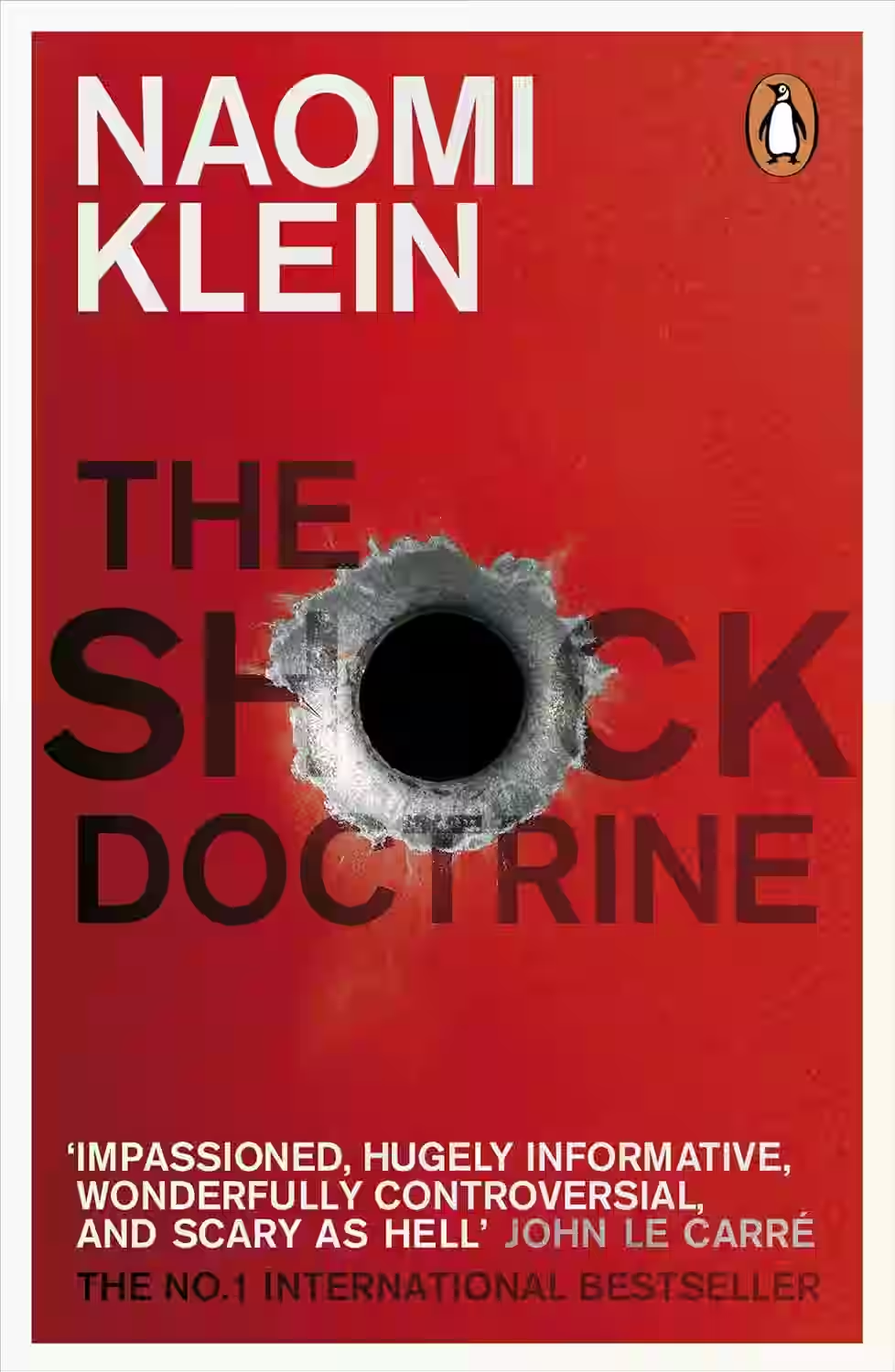
Naomi Klein's 'The Shock Doctrine' is a thought-provoking and eye-opening exploration of the impact of disaster capitalism on societies worldwide. Through meticulous research and compelling analysis, Klein unveils a pattern where economic elites exploit moments of crisis to push through radical free-market policies, dismantling social structures and widening economic inequality. She takes readers on a journey through various historical and contemporary examples, from Pinochet's Chile to post-Katrina New Orleans, illustrating how this 'shock doctrine' perpetuates a cycle of exploitation and suffering. Klein's narrative is both enlightening and unsettling, urging readers to question the intersection of capitalism and disaster response.
About Naomi Klein
Naomi Klein, born on May 8, 1970, in Montreal, Canada, is a prominent author and social activist known for her incisive critique of corporate globalization and capitalism. Klein's breakthrough book, 'No Logo' (2000), explored the impact of global brands on culture and society, catapulting her to international acclaim. She further solidified her reputation with 'The Shock Doctrine' (2007), a searing analysis of disaster capitalism. Known for her sharp prose and unflinching advocacy for social and environmental justice, Klein's work has had a profound impact on public discourse and activism. A leading voice in the anti-globalization movement, she continues to inspire readers to challenge systems of power and inequality.
Similar Books
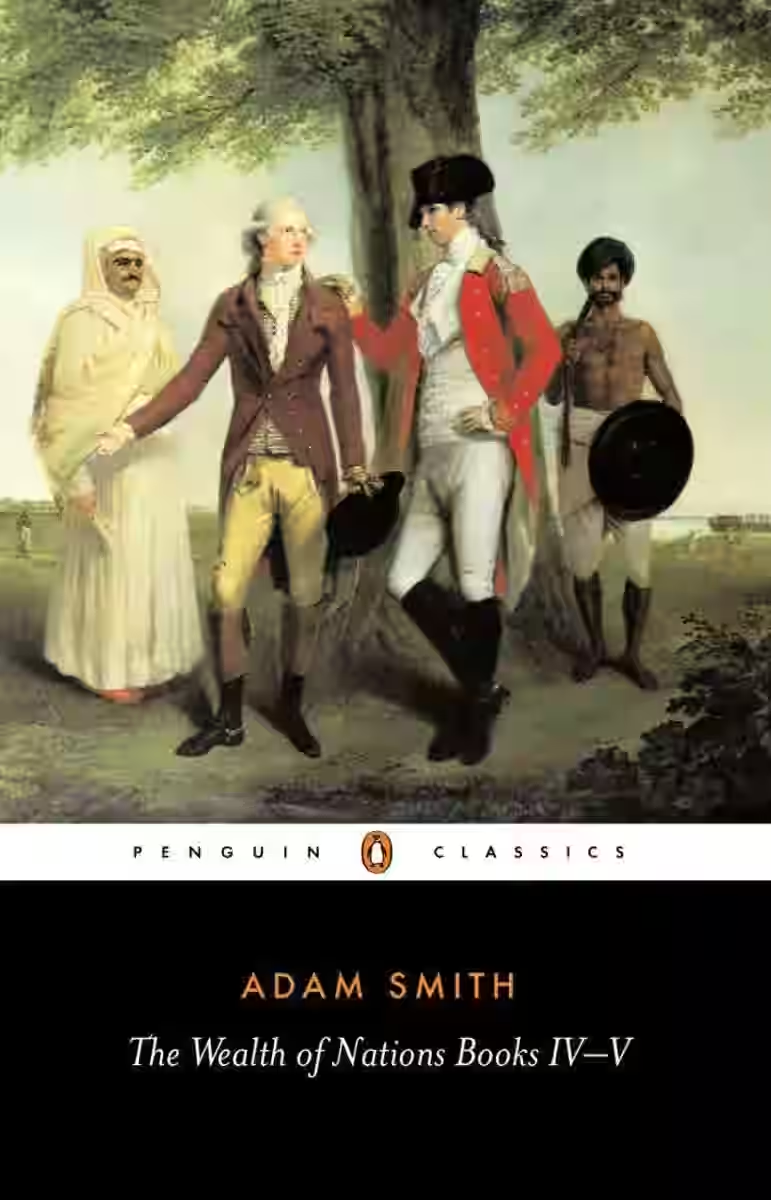
The Wealth of Nations: Books IV-V
by Adam Smith
Series: The Wealth of Nations (#2)
Books IV–V of The Wealth of Nations critique existing economic policies and propose a framework for limited but essential government intervention. In Book IV, Smith dissects the mercantile system, rejecting trade restrictions and monopolies while advocating for free trade. He critiques colonialism and tariffs, favoring open markets. Book V addresses the role of the state in education, justice, defense, and infrastructure—functions Smith sees as necessary for a stable, prosperous society. These volumes balance his case for laissez-faire economics with the need for public investment, rounding out his vision of a functional, ethical, and productive political economy.
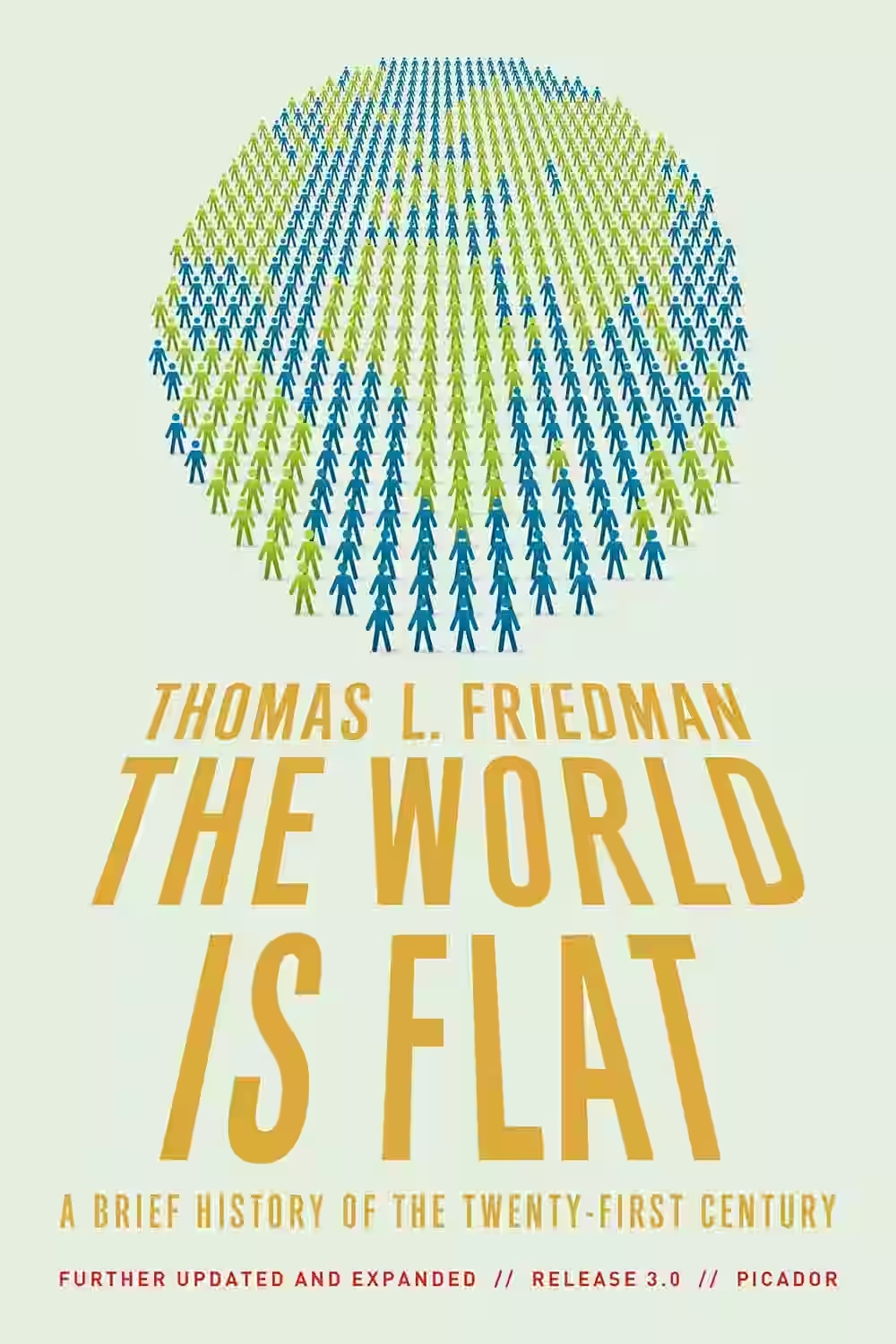
The World Is Flat
In 'The World Is Flat,' Thomas L. Friedman explores the concept of globalization and its impact on our interconnected world. He delves into how technological advancements, particularly the rise of the internet, have leveled the playing field for individuals and businesses worldwide, creating both opportunities and challenges. Friedman argues that in this 'flat' world, countries and individuals must adapt to stay competitive. Through engaging anecdotes and analysis, the author paints a vivid picture of a world where traditional boundaries are becoming increasingly blurred. This thought-provoking book challenges readers to rethink their place in a globalized society.
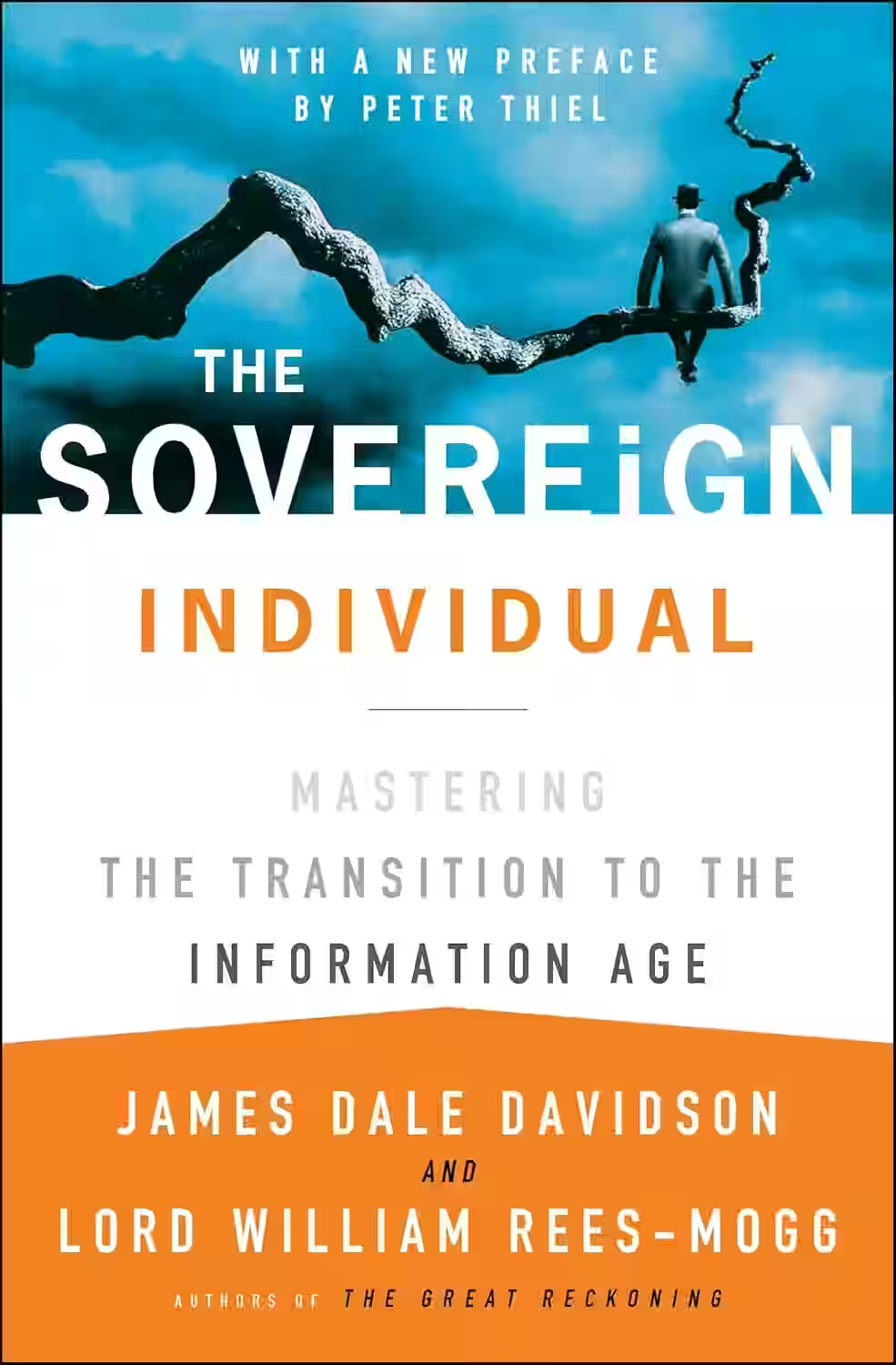
The Sovereign Individual
by James Dale Davidson, William Rees-Mogg
Published in 1997, The Sovereign Individual predicts the rise of the digital age and its impact on individual autonomy and state power. The authors argue that technological advancements, particularly the internet, will diminish the influence of governments and empower individuals to take control of their own lives. They foresee a future where traditional institutions are challenged, and personal sovereignty becomes paramount. This provocative work offers a foresightful analysis of the intersection between technology, economics, and personal freedom.
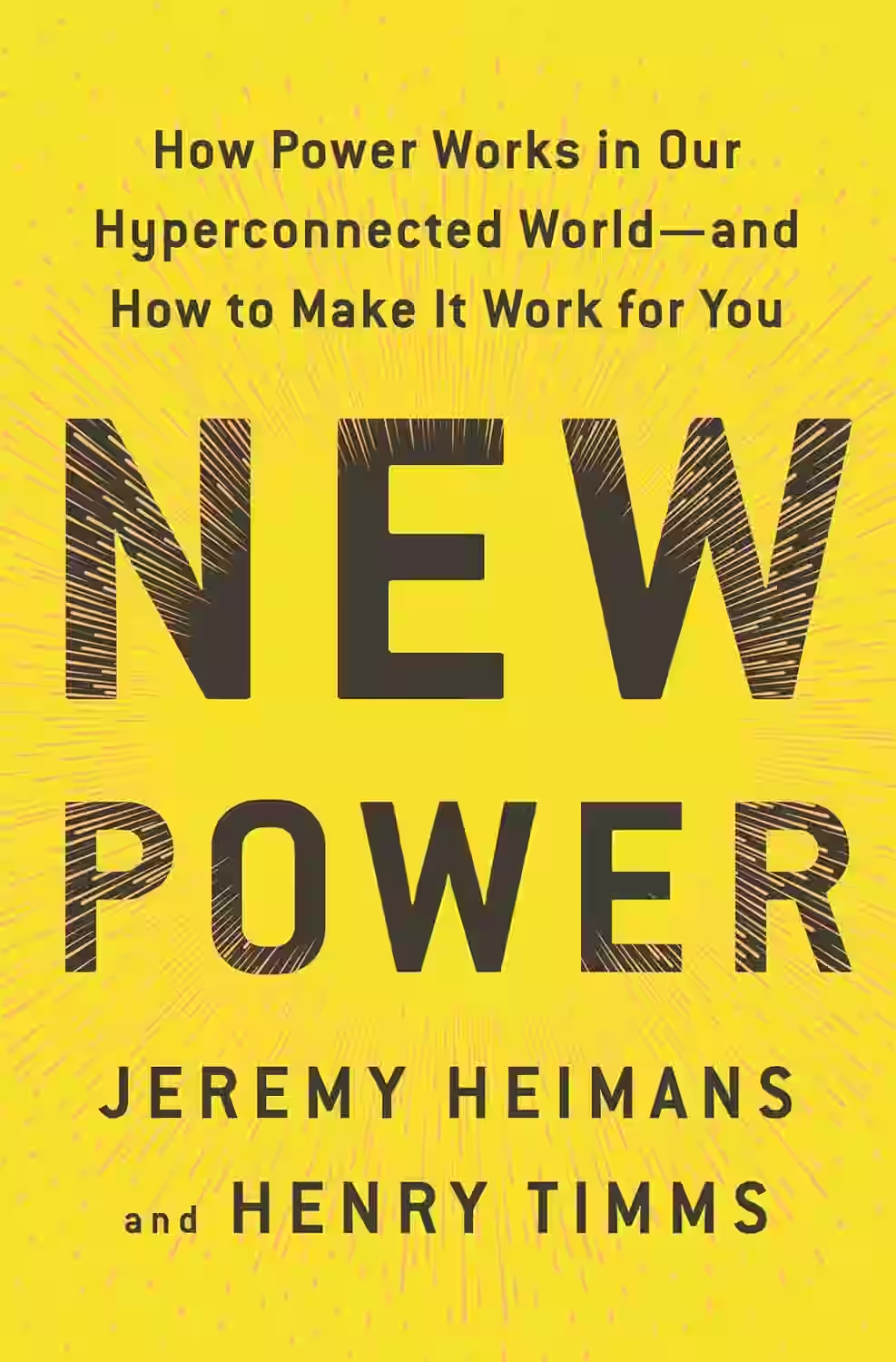
New Power: How Power Works in Our Hyperconnected World
by Jeremy Heimans, Henry Timms
New Power explores how influence, leadership, and engagement have evolved in the digital age. The authors contrast "old power"—top-down, closed, and leader-driven—with "new power"—open, participatory, and crowd-sourced. Through case studies like #MeToo, Airbnb, and TED, they show how modern movements and brands leverage community and transparency. The book offers tools for leaders, activists, and entrepreneurs to harness this shift effectively. Branson and other innovators have praised New Power for its relevance in today’s hyperconnected world, where collaboration and authenticity often matter more than hierarchy or control.